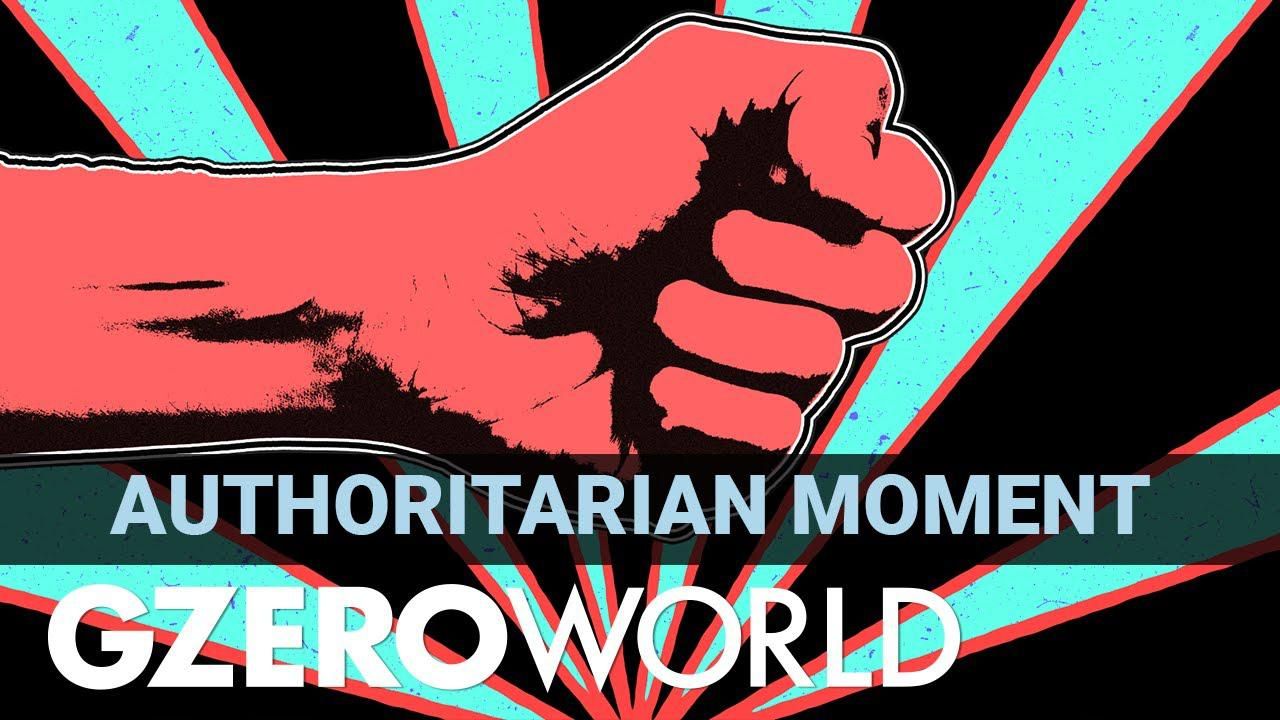
After Russia's invasion of Ukraine, much of the world may be running away from Vladimir Putin right now — but they’re not running toward the US, Ian Bremmer explains on GZERO World.
In fact, the greatest export from Russia and China is something that can’t be stopped by sanctions: authoritarianism and disillusionment with Western political systems.
From Belarus to Nicaragua to the Philippines, dictators are having a moment. Jair Bolsonaro and Donald Trump have promoted myths of election fraud to undermine confidence in government.
Add that to mounting inequality, disinformation on social media, and a growing belief that elected officials don’t care about you, the average voter.
While the war in Ukraine has unified the West, the liberal world order still has a long way to go to prevent the decline of democracy.
Watch the GZERO World episode: Authoritarians gone wild
- Authoritarians gone wild - GZERO Media ›
- Who's in Joe Biden's democracy club? - GZERO Media ›
- The “authoritarian honeymoon” is over, says John Kerry - GZERO ... ›
- What We'll Keep Watching in 2022: The authoritarian plague ... ›
- Podcast: How discontent with globalization has fueled authoritarian "strongmen" - GZERO Media ›